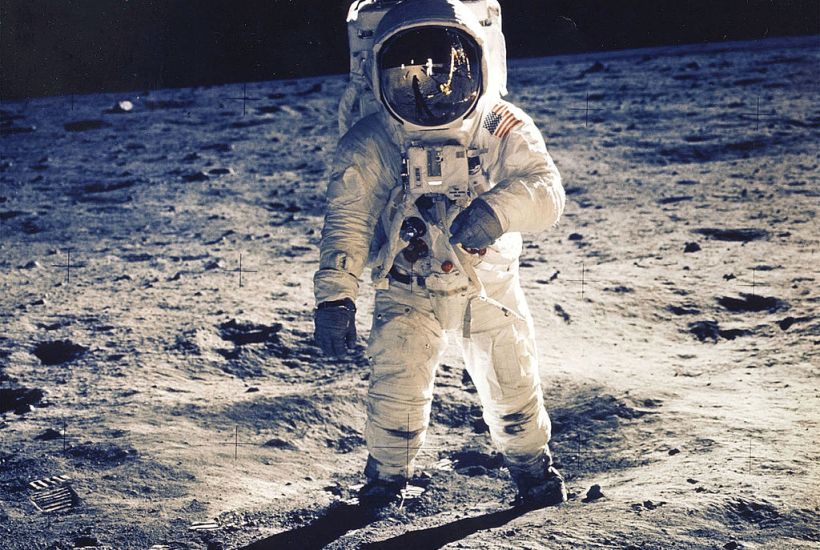Almost forty years ago, in fact, during the time of the Hawke Labor government, Australia fell for a pea and thimble economic theory, that economic prosperity would be found under the international free market thimble. John Button was placed in charge of industry and technology policy and, armed with that economic theory, he argued that Australia could not afford to continue to protect either its largest manufacturing industry or, indeed any manufacturing industries and began closing them down by reducing their protection.
The car industry took a long time to die. So did the steel industry, the shipbuilding, and the thousands of small and medium clothing footwear and textile businesses. The industries that made the Australian coastal and regional towns prosperous, industries that had given their communities hope for the future all withered and died; but they were replaced by cafes, coffee shops and vacant allotments and the unemployed were reskilled with expensive degrees in psychology and sociology and TAFE courses in massage, astrology and tarot reading.
Australia needs manufacturing industries. We need them to supplement the hundreds of thousands of home handymen, mowing contractors, Uber drivers, house cleaners, builders, plumbers and electricians who are hard at work using equipment and materials that are sourced every day from China.
Manufacturing has gone, mining exports to China will fall and Sydney did not become the financial hub for Asia; although it has become Asian.
Yesterday, retired United States Airforce Brigadier General Robert Spalding made the same argument about the US economy in a radio interview where he explained the dangers to a nation that loses its manufacturing industries. You can hear Spalding’s interview here and I hope you listen to it all for when the military are worried about an economic policy that has shaped much of the West’s economies, we should all worry.
The following report has been extracted from his broadcast which helps to understand why Trump’s trade war with China is so important to the West. Current US manufacturing stands in marked contrast with a sector that not only defeated Germany and Japan in world war 2, but put a man on the moon in 1969 and powered the US economy until the new millennium, as the world’s greatest.
Spalding begins by noting China’s usurpation of America’s prior dominance in the realm of telecommunication technology manufacturing and development since the Space Race era. “Let’s just look at the state of our telecommunications,” Spalding said. “There was such a large industrial effort for the Space Race. Back then, we were spending two per cent of GDP on research and development. We had the industrial base that was the envy of the world. AT&T, at the time, was a monopoly, and with Bell Labs, was the standard for telecommunications.”
Spalding continued, “When you look at America today, we have no telecommunication equipment manufacturers left that are American companies. When China entered the WTO in 2001, from that time period to 2017, we lost 78,000 factories. We unemployed 3.4 million manufacturing jobs. In the same time, we spent trillions in the Middle East.” He said American investment in education, particularly in STEM (science, technology, engineering and mathematics) fields, is falling behind Chinese competitors.
“We have, today, 152,000 Chinese kids in STEM education,” said Spalding, “where in one year [of spending] in Afghanistan, we could afford to put 200,000 kids through four years of STEM education here in the United States. Back then, for that Space Race, we educated the scientists that built the technologies that grew this economy to be the number one economy in the world.”
“We fell into this trap of believing that open markets lead to wealth, and wealth leads to democracy, and, therefore, if we just open ourselves up to the world, that the world would automatically democratize,” Spalding noted. “In the space of that 20 years, we essentially deindustrialized our entire country to the point where we almost can’t manufacture any of the things we need to defend ourselves.”
Ironically, the pea and thimble economic theory that has brought most western economies under the Chinese spell, was an attempt to provide a scientific, mathematical explanation for maximising economic activity. It was spread in the West by Nobel Laureates, such as Milton Friedman and Paul Samuelson; but in fact, Karl Marx found the theory equally applicable to his communist solution. As we say to the mathematicians, go figure.
What Australia needs most of all if new manufacturing industries are to prosper, will be courageous parliamentarians for they will have to defend the industry protection measures from domestic and international criticism if the new industries are to swim against an aggressive Chinese current.
David Long is a retired solicitor, economist and PhD candidate at Griffith University, School of Law.
Got something to add? Join the discussion and comment below.
Got something to add? Join the discussion and comment below.
Get 10 issues for just $10
Subscribe to The Spectator Australia today for the next 10 magazine issues, plus full online access, for just $10.


























Comments
Don't miss out
Join the conversation with other Spectator Australia readers. Subscribe to leave a comment.
SUBSCRIBEAlready a subscriber? Log in